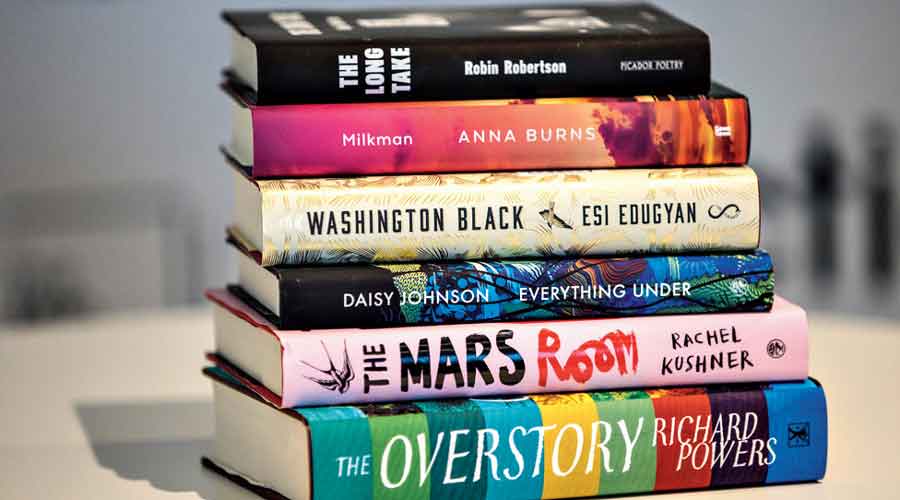When the South African writer Damon Galgut learned that his novel, The Promise, was shortlisted for the Booker Prize, he was filled with anxiety. Galgut had been shortlisted twice before, in 2003 and 2010, and both times, the stress of the nominations “probably shaved a few years off my life”.
“For a few weeks, you’re one of six winners, then all that attention gets sucked away and very, very suddenly, there’s only one winner, the rest of you are losers,” he told the Guardian in an interview in September.
This year was different. On Wednesday, the Booker judges pronounced Galgut the winner, praising his novel for its “unusual narrative style that balances Faulknerian exuberance with Nabokovian precision, pushes boundaries, and is a testament to the flourishing of the novel in the 21st century”.
At the awards ceremony in London, when he was asked how it felt to be named the winner, Galgut, 57, appeared more stunned than happy. “You’d better ask me that tomorrow, because my nerves have kind of gone numb,” he said. “I truly didn’t expect to be standing here.”
The Promise, Galgut’s ninth book, had already won acclaim among critics for its menacing and bleakly funny portrait of the Swart family, descendants of Dutch settlers who are desperately holding onto their farm and status in post-apartheid South Africa.
Literary critics likened his experimental prose to modernist masters like Virginia Woolf, James Joyce and William Faulkner, while others noted his debt to fellow South African writer J.M. Coetzee.
A review of The Promise in The New York Times Book Review called Galgut “a gleeful satirist, mordantly skewering his characters’ fecklessness and hypocrisy”.
Galgut got the idea for the novel from a conversation with a friend, who described going to a series of funerals for family members. It sounded like the perfect narrative vehicle for a family saga.
New York Times News Service











